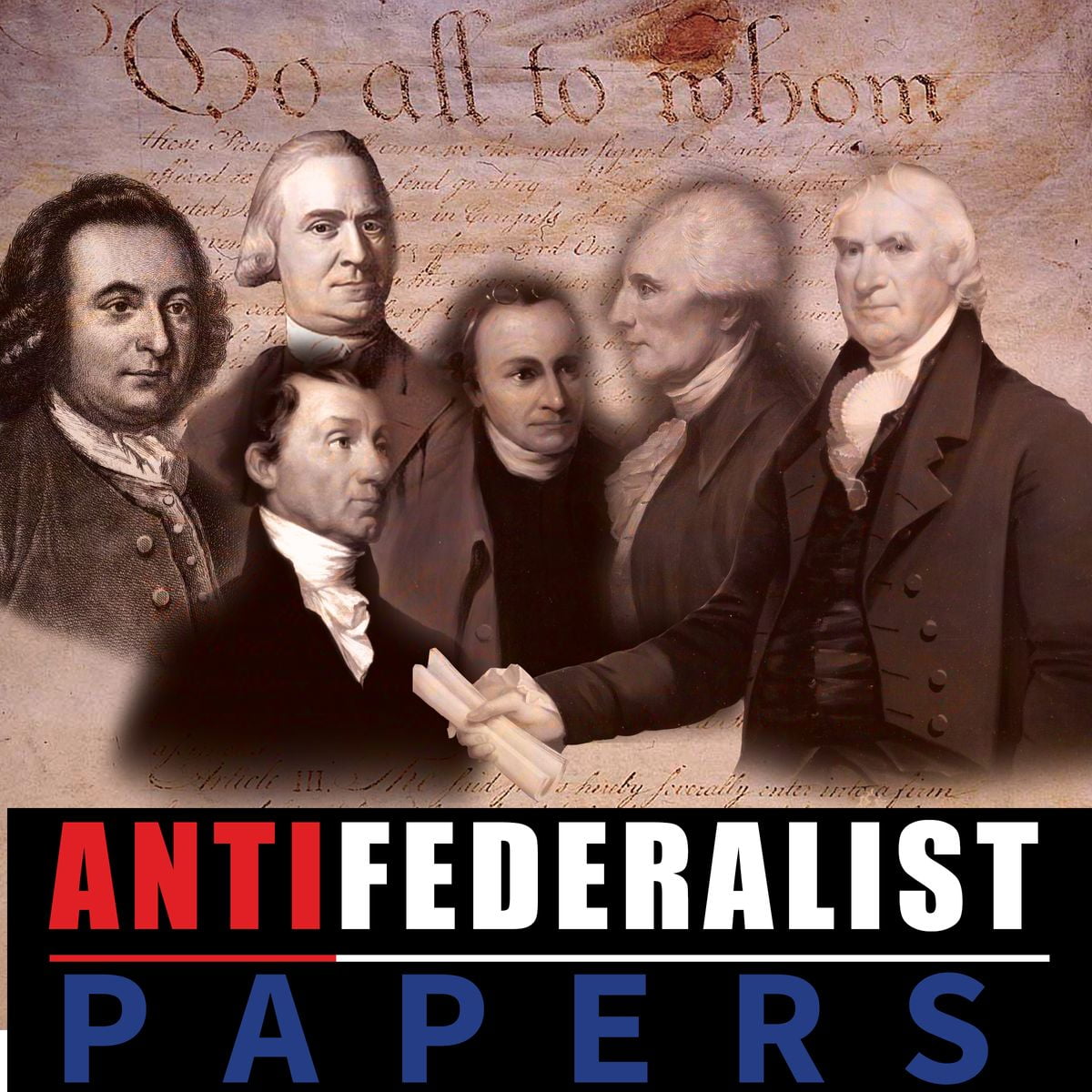
Although this authority was technically limited to raising money to pay debts and provide for the general welfare and common defense, Brutus argued that these restrictions do not impose any actual limitation on the legislative powers under the Constitution. According to Brutus, there was no limit upon the legislative power to lay taxes, duties, imposts, and excises.

Therefore, the government is complete, and no longer a confederation of smaller republics. Furthermore, because all laws made in pursuance of the Constitution are the supreme law of the land, the states would have no recourse. If Congress believed that a state law may prevent the collection of a federal tax that is necessary and proper to provide for the general welfare of the United States, then Congress would have the authority to repeal the law under the necessary and proper clause. Brutus argued that under the Necessary and Proper Clause, Congress would be able to repeal state fundraising laws. He believed that the Constitution and laws of every state would nullified and declared void if they were, or shall be inconsistent with the Constitution. After examining various clauses in the Constitution, he determined that this would essentially create a federal government that will “possess absolute and uncontrollable power…” Brutus pointed to the Necessary and Proper Clause (1.8.18) and the Supremacy Clause (6.2.0) as sources of immense power conferred upon the federal government by the Constitution.Īccording to Brutus, the two clauses, essentially render the various State governments powerless. In his first essay, Brutus considered whether or not the thirteen states should be reduced to one republic as the Federalists proposed. 1 Excerpts Annotated and answer the questions at the end of the lesson. This lesson provides a summation of arguments made in Brutus’ first essay written to the citizens of the state of New York. The Brutus essays provide the most direct and compelling rebuttal of the Federalist argument. Although it has not been definitively established, these essays are generally attributed to Robert Yates. Among the most important of the Anti-Federalist writings are the essays of Brutus.

In order to develop a comprehensive understanding of the American Founding, it is important to also understand the Anti-Federalist objections to the ratification of the Constitution.


 0 kommentar(er)
0 kommentar(er)
